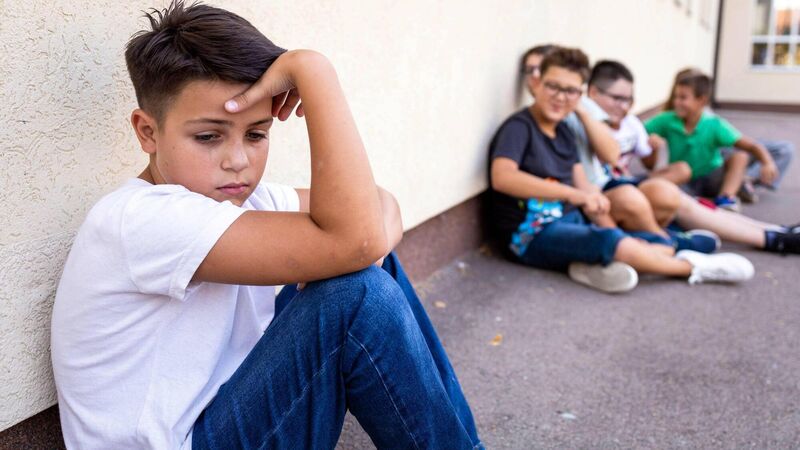Most 13-year-olds don't report being bullied as they don't think of it as bullying, says report

Four in 10 nine-year-olds said that a child or adult had picked on them in the last year. File photo
A majority of 13-year-olds who experience bullying in Ireland don’t tell anyone about it, while those with a disability, overweight, or are LGBT+ are more likely to have been bullied.
A new study from the Economic and Social Research Institute (ESRI) has looked at the experience of bullying for children in Ireland at the age of nine and 13, and found that 62% of the teenagers had experienced behaviours such as being hit, called names, or excluded in the last three months.













